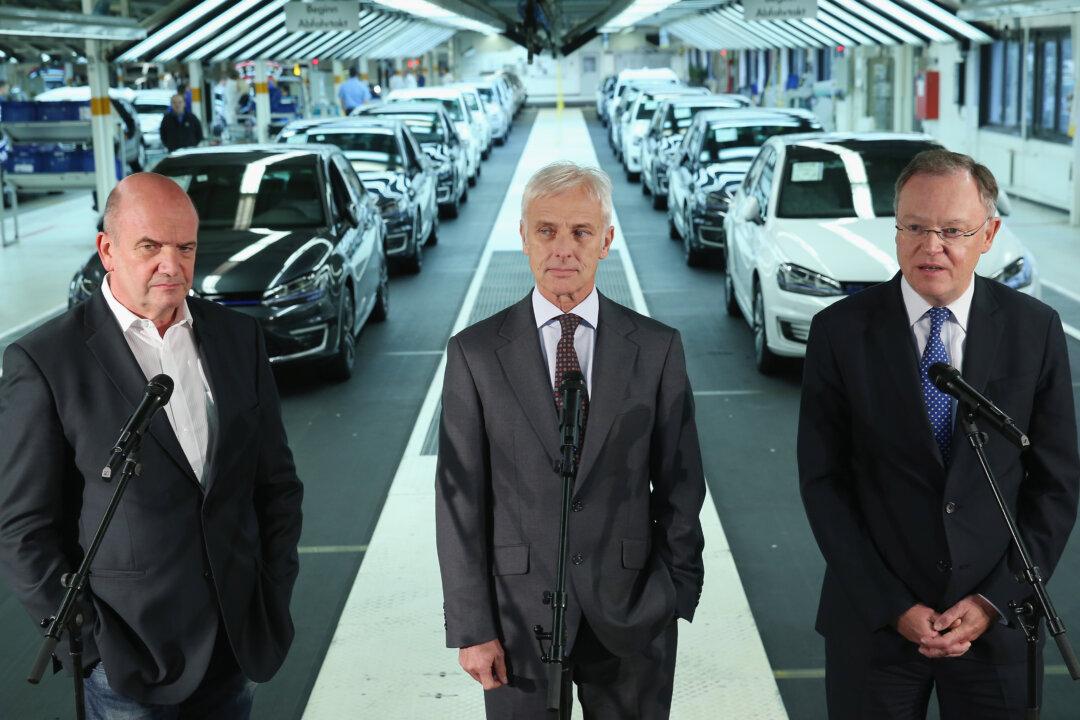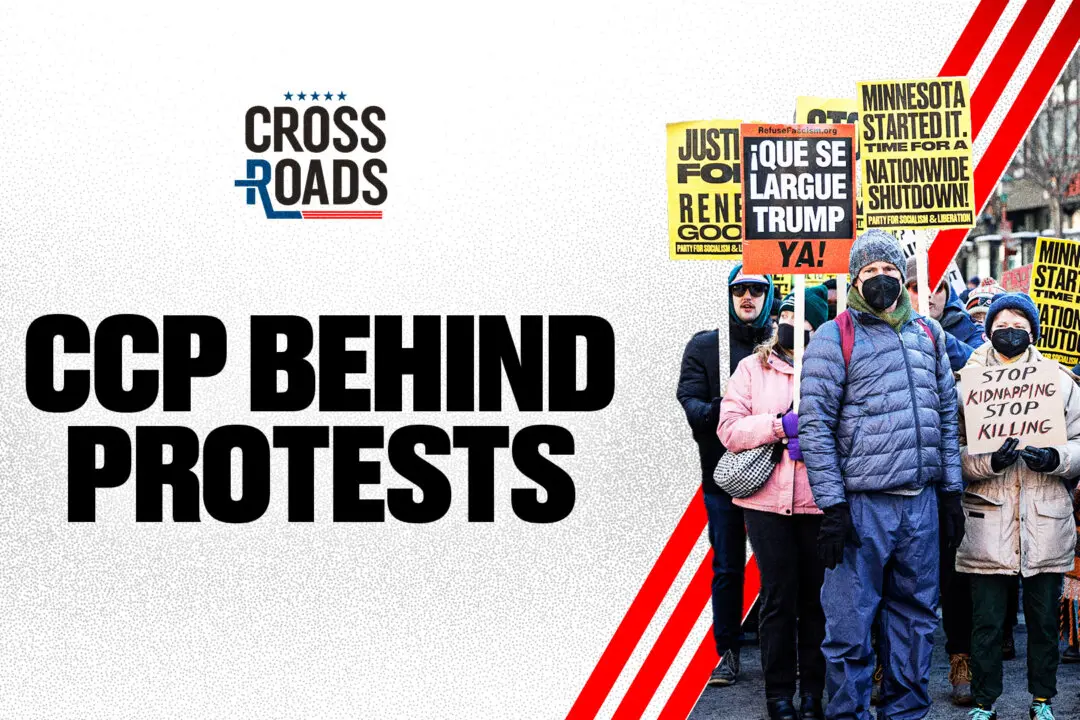There’s doom and gloom on the horizon for Volkswagen, after it was revealed the company used technology to hide gas emissions on its “Clean Diesel” cars.
Close to half a million cars in the United States may have been affected, and lawmakers are now eying what could be a devastating settlement against the German automaker. If you’re keeping tabs, that’s on top of its CEO resigning, and its stock having already taken a 30 percent dive.
Yet, there may still be hope for Volkswagen, according to Amar Manzoor, an industrial warfare expert who trains business leaders on how to prepare for and weather crises by attacking organizational weaknesses.
According to Manzoor, there may not be a quick fix since “their entire transaction has been affected” from cost of products to morale among employees. Yet in the long term, the company can pull through. After a crisis hits, he said, the corporate strategy needs to be “damage limitation.”
“The key is to keep transactions moving, because that’s the life-flow throughout of a company,” Manzoor said. Volkswagen is on life support right now, he said, and to sustain its financial life-flow, they need to cut costs everywhere they can.
The company is also bleeding cash, and stabilizing this requires patching the part that was damaged. For Volkswagen, the damage was done to their credibility, and fixing it means finding a way to win back trust. If people don’t trust the product, they don’t buy the cars, and the company loses shareholders until nothing is left.





